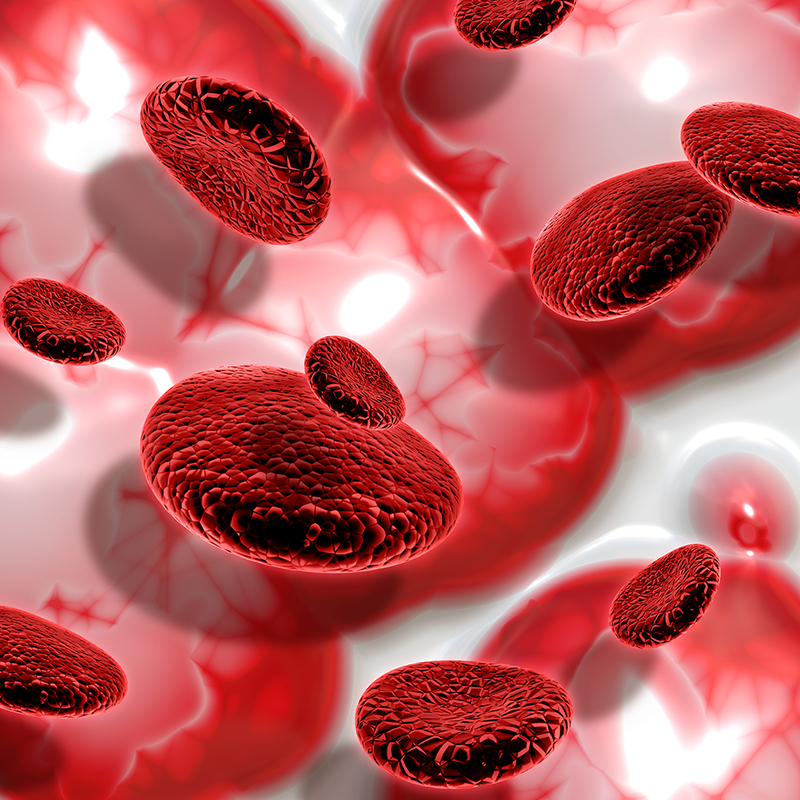The Significance of Hematology Tests: Unveiling the Hidden Clues to Your Health
Hematology tests play a crucial role in assessing various aspects of your blood and overall health. These tests provide valuable insights into the functioning of your immune system, oxygen-carrying capacity, blood clotting ability, and much more. In this blog, we will explore the importance of hematology tests, how they are conducted, and why they are essential for maintaining your well-being.
- Understanding Hematology Tests:
Hematology tests are laboratory examinations that analyze different components of your blood. The tests can detect abnormalities in red blood cells, white blood cells, platelets, and other blood components, helping healthcare professionals identify potential health issues.
- Diagnosing and Monitoring Blood Disorders:
Hematology tests are instrumental in diagnosing various blood disorders, such as anemia, leukemia, and hemophilia. These tests allow doctors to determine the type and severity of the condition, facilitating timely and accurate treatment plans.
- Assessing Immune System Function:
The white blood cell count, a crucial part of hematology testing, helps gauge the efficiency of your immune system. Abnormalities in white blood cell levels can indicate infections or immune-related disorders.
- Monitoring Chronic Conditions:
For individuals with chronic conditions like diabetes or kidney disease, hematology tests can provide valuable information about their overall health and how well their body is responding to treatment.
- Evaluating Nutritional Status:
Hematology tests can identify nutritional deficiencies, such as low iron levels leading to anemia, helping healthcare providers recommend appropriate dietary adjustments and supplements.
- Detecting Blood Clotting Disorders:
Tests like the prothrombin time (PT) and activated partial thromboplastin time (aPTT) help evaluate blood clotting ability. Timely detection of blood clotting disorders is vital for preventing life-threatening conditions like deep vein thrombosis (DVT) or pulmonary embolism.
- Preoperative Assessment:
Before undergoing surgery, patients often undergo hematology tests to ensure their blood clotting and overall health are stable, reducing the risk of complications during the procedure.
- Monitoring Medication Effects:
Certain medications can affect blood components, and hematology tests are used to monitor how drugs are influencing the blood and the body’s response to treatment.
- Screening for Infectious Diseases:
Hematology tests can also be utilized for screening and diagnosing various infectious diseases, such as HIV, hepatitis, and malaria.
- Early Detection of Cancer:
Abnormalities in blood cell counts can sometimes be indicative of underlying cancers or malignancies, prompting further investigation and early detection.
Conclusion:
Hematology tests provide valuable insights into your blood health and overall well-being. From diagnosing blood disorders to assessing immune function and detecting potential health issues, these tests are essential tools in the hands of healthcare professionals. Regular screening and monitoring through hematology tests can lead to early detection and timely intervention, significantly improving outcomes and quality of life. Embrace the importance of hematology tests as a proactive approach to maintaining your health and staying informed about your body’s intricate workings.

